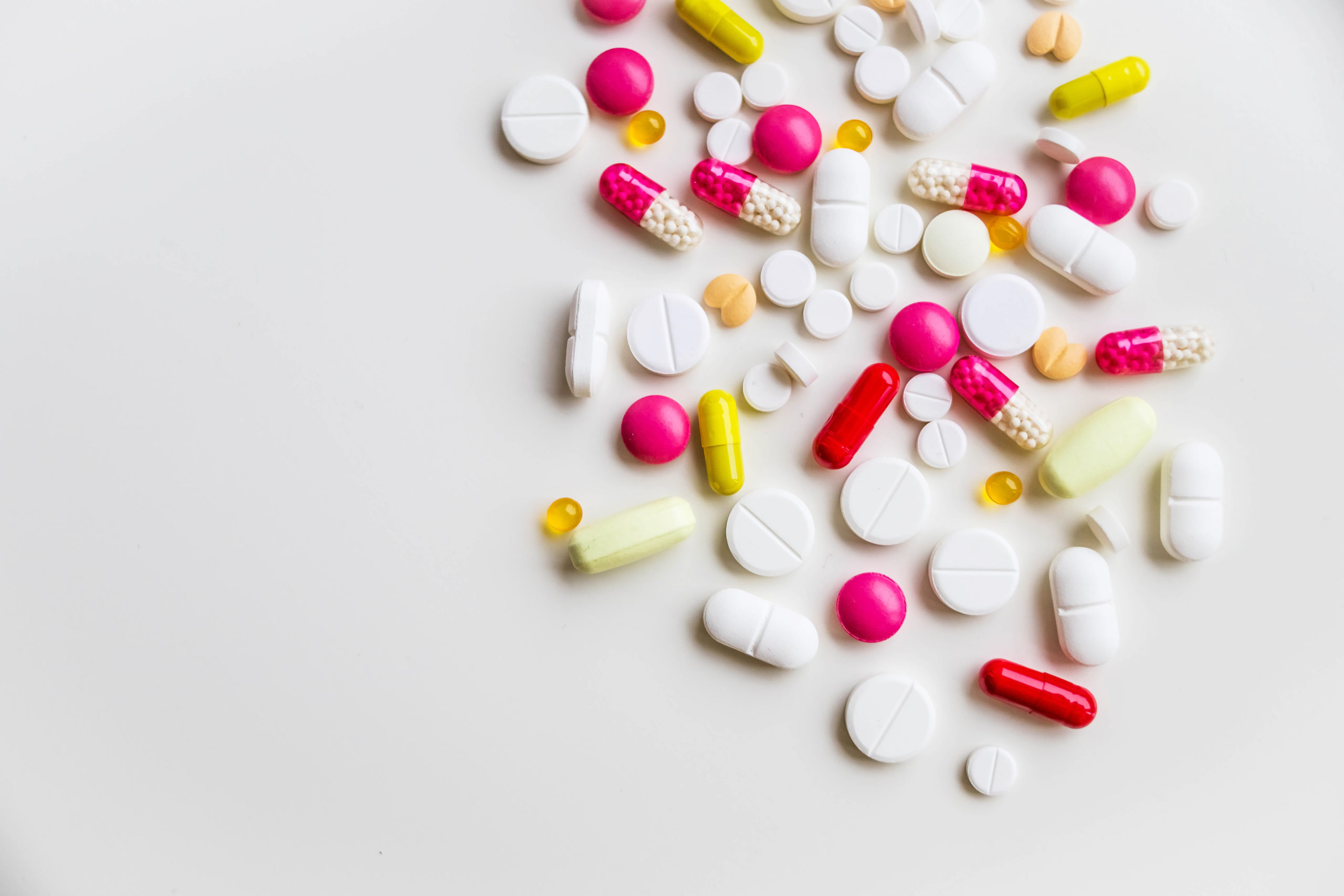It’s Time for Patent Reform to Lower Drug Costs

In an effort to lower health costs, the U.S. Patent and Trademark Office (USPTO) has proposed new regulations that would limit patent applicants’ ability to extend patent exclusivity on drugs, and in turn, boost competition in the prescription drug marketplace. The new rule would limit the ability of drug companies to file new, duplicative and redundant patents to lengthen the exclusivity period of their drug – a strategy called a “patent thicket.”This is important because so-called patent thickets are one of Big Pharma’s most frequently used – and most intractable – ways of keeping prices high. Drug pricing experts often point to patent thickets as a tactic used to block generic entry into the market, keeping drug prices high and limiting patients’ access to the medicines they need.
One report by Matrix Global Advisors (MGA) found that by building these patent thickets, drug manufacturers stifle competition and impose significant costs on consumers and the entire healthcare system more broadly. By their estimate, the one-year cost of patent thickets around just five brand drugs could be up to $7.6 billion.
Research by the Initiative for Medicines, Access, and Knowledge (I-MAK) shows at similar findings, showing that drugmakers use patent thickets to delay competition and extend their market monopoly. In fact, by expanding patent protection on four of the leading biologic drugs, I-MAK found that drugmakers made $168 million in profits- which drain directly from patients’ pockets.
Policymakers from both parties have reached the same conclusion: addressing patent thickets is essential to lowering drug costs for Americans. Sen. Richard Blumenthal (D-CT) told fellow lawmakers, “Big Pharma’s abuses of our patent system have crushed competition and stifled innovation – leaving countless families to foot the bill while the industry pads their profits.” Sen. John Cornyn (R-TX) concurred, stating that Americans shouldn’t have to pay more at the pharmacy counter “because of bad actors who game the patent system and prevent cheaper generics from coming to market.”
As the USPTO, alongside Members of Congress, work to find the right balance between patent exclusivity and competition, pharmacy benefit managers (PBMs) continue to lower costs for consumers. On top of negotiating deep discounts from drug manufacturers, PBMs use their clinical expertise to identify lower-cost alternatives for patients at the pharmacy counter. In fact, new research conducted by Professor Carlton concluded that increased competition among drug manufacturers – fostered by PBMs – reduces drug costs. By dismantling patent thickets, the USPTO paves the way for competing medications to hit the market sooner, promoting a more competitive environment. And, where competition thrives, PBMs can further slash Pharma’s prices.
The time for USPTO to enact the proposed rule change is now. A competitive marketplace, bolstered by regulatory and legal action against patent use, will allow lower-cost generic alternatives to enter the market sooner, providing patients much-needed relief. And, it will strengthen PBMs’ ability to help employers manage Pharma’s soaring drug prices. Learn more on CAPD’s website.
